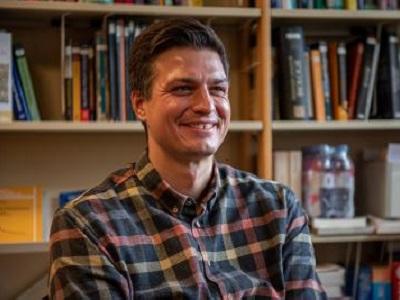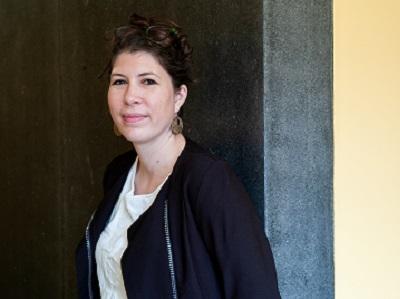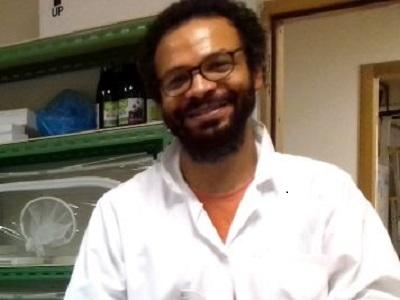Reading time 5 min
INRAE is recruiting 60 research scientists
Published on 27 January 2021
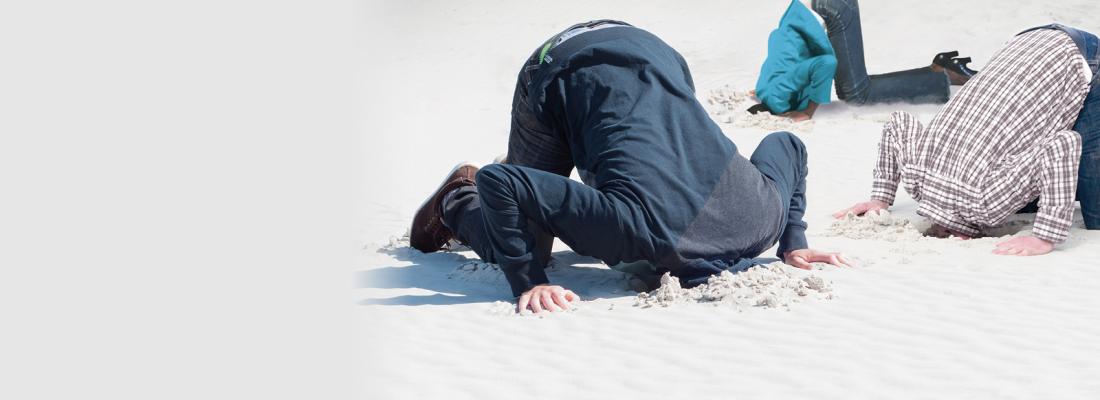
Applications from 2 February to 4 March 2021 on jobs.inrae.fr/en
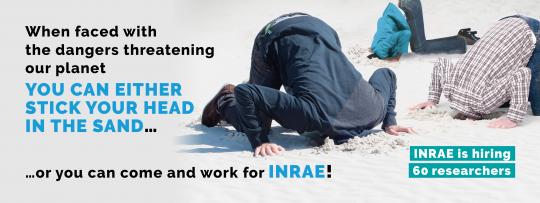
Joining INRAE, the world’s top institute for research on agriculture, food and the environment, involves finding solutions for society’s greatest challenges: limiting the effects of and adapting to climate change, increasing food security and nutrition security, transitioning to new agricultural systems, preserving natural resources, restoring biodiversity and anticipating and managing risks.
As part of INRAE, you will propose and conduct research projects of excellence aimed at both producing knowledge, and contributing to education, innovation and support for public policies. Resolutely focused on action, your research will be carried out as part of partnerships, with our partners in industry or with other institutions, or with citizens in participative research networks. This collaborative research environment is boosted by our key role in internationally recognized university campuses.
Applications open on 2 February
Who can apply?
- Researchers who have obtained their PhD and published articles on the results of their PhD. Candidates are recruited on the basis of their scientific competence which they will put to the service of INRAE’s major research topics.
- Applications are open to researchers of all nationalities
Calendar
- Opening date for applications: 2 February 2021
- Submission deadline for applications: 4 March 2021
- Shortlisting: April-May 2021
- Final selection: May-June 2021
- Starting date for appointments: from September 2021
Recruitment is open in many scientific fields:
Agronomy, forestry and livestock research - Molecular biology - Ecology - Economics - Genetics – Genomics and other omics approaches – Geochemistry and biogeochemistry - Geography and geomatics – Computer science and artificial intelligence - Biological and environmental engineering - Instrumentation, robotics and imaging - Mathematics – Mathematics and informatics for living organisms and the environment - Neurosciences and behavioural sciences - Nutrition - Physiology - Physics, chemistry, material sciences.

